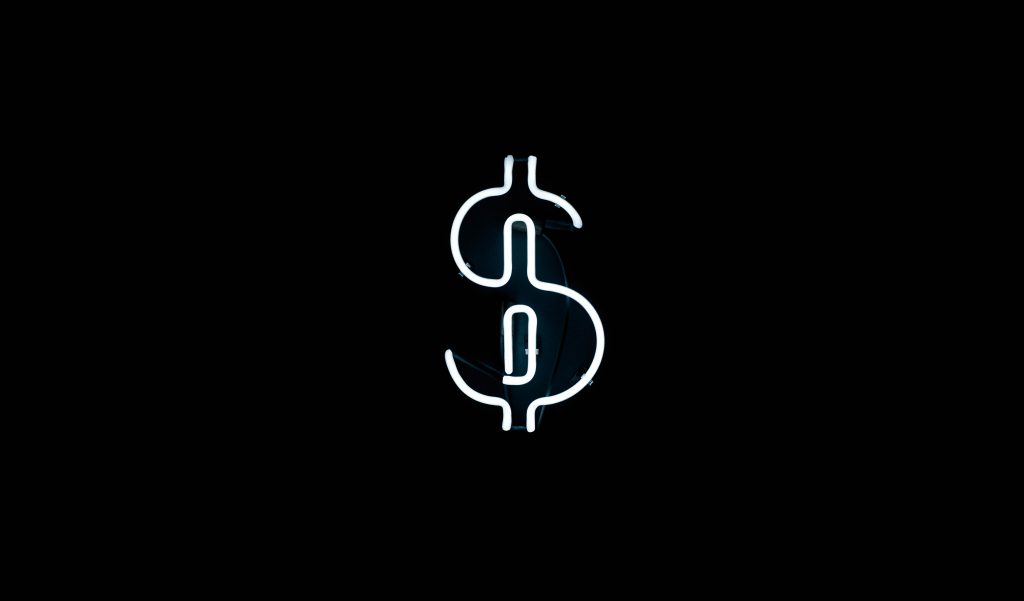Entire books are written about financial planning, so as a graduate student, where do you start? SAC wants to help: we think there are probably three main areas most graduate students should think about: managing debt, saving money, and correctly using credit cards. These all rely on developing good financial habits. While these are not the most fun to think about they can save you LOTS of trouble later on.
Disclaimer: We are not financial advisors, just friends sharing knowledge!
Credit Cards
Credit cards are helpful in this day and age, but you need to understand the basics.
Many credit cards have benefits like airline miles, cash-back bonuses, or extended warranties on items you purchase. There are plenty of free websites which allow you to search for the right credit card for you.
A credit score is a numerical value that tells financial loaners how likely you are to repay a loan. It is calculated by comparing your total loans to the total credit line you have available (aka balance-to-limit ratio). Additionally, things like credit history length (how long you’ve had credit cards or other loans), if you missed payments, and how much you use your cards is factored in.
The key to using credit cards wisely, however, is always to pay AT LEAST the amount you put on the card in the previous month (billing statment amount) in full every month by the payment due date so no interest is accrued. Interest is usually around 25% for credit cards, and retirement accounts increase at a rate of 8%, so allowing for interest to accrue will always out “earn” your savings accounts.
You can find your current credit score for free at Credit Karma (and other companies). Some credit cards will regularly report your credit score.
Credit reports show you what lines of credit you have and what their current status is. You can get one free credit report per year from each of the three credit bureaus: Equifax, TransUnion, and Experian. You should check one of these three sites once every 4 months to confirm there is no incorrect activity on your credit report (eg. Experian in Jan, Equifax in May, TransUnion in Sept).
If you ever want to make a large purchase, like a car or a house, creditors will check your credit score and history to see if you are a good candidate. While repaying student loans counts toward your credit, having a credit card (and using it wisely) will do you good.
If you have credit card debt and only pay the minimum balance on your credit cards, it will likely take you years to pay off the debt, and you will end up paying several times more in interest charges than the amount you actually charged. Pay off your debt as fast as you can, and start by paying off the highest-interest cards first. You can also transfer balances onto lower-interest cards or simply ask your cardholder to lower your interest rate. If you are a good customer (i.e., make your payments on time), the company is usually more than happy to accommodate you. It is also important to limit spending if you have debt on the card.
Additionally, paying your bill on time will improve your credit rating, which is used for determining future interest rates, ability to rent an apartment and even employment.
Saving Money
Along with the wise use of credit cards and managing debt, your first goal should probably be to build up a savings account for the unexpected things that come up in life. Financial experts say you should have about three months of expenses saved for the unexpected things. This provides a safety net for emergencies as well as providing an immense amount of peace of mind.
Though saving three months of expenses sounds daunting any little bit helps! Your safety net should be stored in a asset that has high liquidity and can be accessed immediately. General savings accounts are good options for this. Note: they provide little return on investment.
An easy way to start saving is to have a portion of your paycheck automatically transferred to your savings account every month. You can do this yourself every month, or you can have part of your check automatically transferred by direct deposit into the account(s) of your choice. (Contact the division office to find out how.)
Another painless way to save money is to save a portion of any raises that you get. If you were surviving on what you earned before the raise, you can probably survive after the raise on the same amount and bank the difference. If you can secure an external fellowship you will receive a $5000 merit award per year for the duration of the fellowship. This will go a long way towards maintaining a healthy savings account.
After you have an account with some money in it for unexpected events, the next thing to think about is long-term savings. Many of us think, “I don’t earn enough money to save. Someday, when I have a real job and I am earning more, then I’ll save.” The truth is, many of us in graduate school are approaching 30 years old and have years of postdoc-ing to look forward to before we land our first “real job.” Waiting to save money until your “real job” may be detrimental to your ability to retire someday. Even if you save a little money now, it will be worth a lot at retirement due to compound interest. The best time to save for retirement is always now; it only becomes harder and less efficient as time goes on.
(For info on retirement, see SAC Retirement page)
- The Four Pillars of Investing by William Bernstein is a classic crash-course in how to soundly build a portfolio while mitigating unnecessary risks.
- Get a Financial Life: Personal Finance in Your Twenties and Thirties by Beth Kobliner is very helpful.
- Vanguard Family of Funds has information on its no-load funds and features Vanguard University, where you can learn the basics of investing in a series of simple, one-page lessons including quizzes and homework.
- The Motley Fool has information on money in all forms, including tips for saving money; information on investing in stocks, mutual funds, index funds, bonds, etc.; and advice on spending wisely when buying a car or house.
- Online money-management tools like Mint can help you plan a budget, track how you spend your money, compare rates on your credit cards and even email you if your checking balance is too low. And many of them are 100 percent free!
- You can learn more about financial planning (and even how to buy a house!) by attending seminars sponsored by both SAC and the Graduate Professional Council (GPC) throughout the academic year.
Managing Debt
Many graduate students also have to manage previously accrued debt, often in the form of student loans. Your stipend was designed to cover your living expenses, so with some planning and budgeting, you shouldn’t need to take out more loans. Many are even able to pay down their loans from undergraduate using their graduate stipend.
While you are in graduate school, you can defer payment on the student loans you already have by filling out the appropriate paperwork (your student coordinator can tell you how). If your loans are unsubsidized student loans, you might want to consider making the interest payments on the debt while you are in graduate school, as the interest continues to accrue. That way, you will have less to pay back when you graduate, because compound interest won’t be working against you. In most cases, interest paid on student loans can decrease your taxes. (See Deductions and Credits for Graduate Students.)


